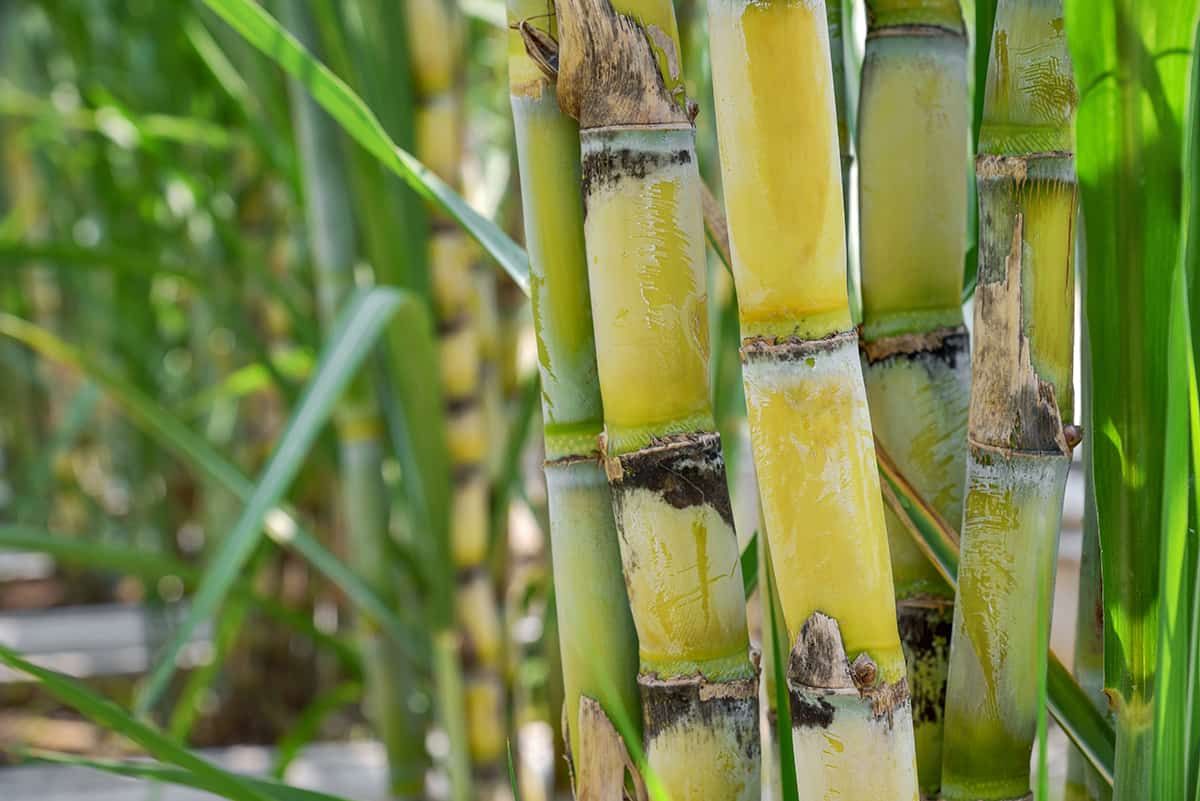From Field to Table: The Journey of Sugar and Cane
From Field to Table: The Journey of Sugar and Cane
Blog Article
Why Walking Stick Sugar Processing Chemicals Are Essential for Modern Sugar Refining
The function of walking cane sugar handling chemicals in contemporary sugar refining can not be overemphasized, as they are integral to boosting both the efficiency of extraction and the total quality of the last product. Agents such as phosphoric acid and specific flocculants are used to eliminate impurities, resulting in sugar that not just satisfies consumer assumptions however also adheres to industry standards.
Duty of Processing Chemicals
The effectiveness of cane sugar processing pivots dramatically on the calculated application of handling chemicals. These chemicals play a pivotal duty in boosting the efficiency and high quality of sugar extraction and refining. From the initial phases of juice extraction to the last filtration actions, processing chemicals facilitate numerous important procedures.
In the extraction phase, chemicals such as phosphoric acid and calcium hydroxide are utilized to maximize the clarification procedure, helping to eliminate impurities and suspended solids from the cane juice. This not just boosts the return however likewise makes certain the clarity of the last product. In addition, agents like flocculants help in the quick settling of contaminations, thus simplifying the general process.
Activated carbon and ion exchange materials offer to get rid of color and odor, ensuring that the polished sugar satisfies customer top quality requirements. Thus, the precise option and application of these chemicals are important for attaining ideal end results in cane sugar processing.
Key Types of Chemicals
Walking stick sugar processing depends on a selection of crucial chemicals that assist in each stage of manufacturing. These chemicals play necessary functions in clarifying, bleaching, and cleansing the sugar drawn out from walking stick.
One main group of chemicals includes flocculants, such as polyacrylamide, which aid in the clarification process by advertising the gathering and settling of impurities. In addition, calcium hydroxide is usually utilized to reduce the effects of level of acidity and aid in the removal of non-sugar components.
Lightening agents, such as activated carbon and sulfur dioxide, are utilized to decolorize the syrup, resulting in a more clear end product. These chemicals assist get rid of shade substances that might impact the sugar's appearance and marketability.
Additionally, phosphoric acid functions as a pH regulator throughout the handling stages, making sure optimum conditions for the chemical activities included in sugar extraction and purification.
Various other important representatives include edta (ethylenediaminetetraacetic acid), which chelates steel ions that might catalyze unwanted reactions, and salt hydroxide, which aids in pH control throughout the refining process. Jointly, these chemicals boost effectiveness and guarantee a premium cane sugar item.
Advantages for Sugar Quality
Typically ignored, the usage of details processing chemicals significantly improves the overall top quality of cane sugar. These chemicals play a crucial role in refining procedures, ensuring that the end product meets stringent industry criteria for pureness and taste.

In addition, refining chemicals aid in achieving a regular granulation and texture, which are important for consumer approval. By managing the formation process, these chemicals ensure that the sugar crystals form consistently, bring about an extra attractive item that dissolves well in numerous applications.
Moreover, making use of these chemicals can improve the shelf life of walking stick sugar by minimizing moisture absorption and microbial development. Generally, the calculated application of processing chemicals is necessary for supplying high-grade walking stick sugar that fulfills consumer expectations and industry needs.
Environmental Influence Considerations

Furthermore, the energy-intensive nature of sugar refining, intensified by chemical use, commonly leads to raised carbon emissions. This adds to environment adjustment and raises concerns regarding the sustainability of present refining practices. Furthermore, the sourcing of these chemicals might include techniques that intimidate biodiversity, such as monoculture farming, which minimizes the durability of agricultural communities.

To alleviate these effects, sugar refiners are progressively checking out lasting options and taking on best methods that reduce chemical usage. Carrying out strenuous ecological management systems can assist ensure that Our site the refining process aligns with ecological criteria and advertises biodiversity. Ultimately, a balanced method that focuses on both sugar top quality and environmental stewardship is vital for the long-lasting feasibility of the sugar industry.
Future Patterns in Refining
As the sugar industry grapples with the ecological difficulties associated with traditional refining techniques, cutting-edge approaches are arising to enhance both performance and sustainability. One significant pattern is the adoption of green chemistry concepts, which prioritize using non-toxic, naturally degradable handling chemicals. This shift not only decreases environmental impact yet also addresses customer need for cleaner manufacturing techniques.
One more promising growth is the application of innovative purification innovations, such as membrane separation and adsorption processes. These techniques improve the clarity and quality of the sugar while lowering the volume of wastewater produced throughout refining. In addition, the integration of digital modern technologies, including IoT and AI, is transforming functional efficiency by enabling real-time surveillance and predictive upkeep, therefore lessening source waste.
In addition, the usage of by-products from sugar refining, such as bagasse and molasses, is next acquiring grip. These products can be exchanged biofuels or value-added items, adding to a circular economic climate within the market. Collectively, these trends signal a change in the direction of even more lasting techniques that not only improve operational performance yet likewise align with worldwide sustainability goals, guaranteeing the future practicality of sugar refining.
Conclusion
Cane sugar processing chemicals are crucial in modern sugar refining, dramatically boosting the performance and quality of sugar removal. The tactical use these chemicals not only improves the purity and taste of the last product however also ensures constant formation and structure. As the industry progressively prioritizes sustainability, the fostering of environmentally-friendly processing agents is most likely to shape future fads in refining, eventually causing greater top quality products and extended life span for customers.

Inevitably, a balanced approach that focuses on both sugar quality and environmental stewardship is vital for the long-lasting feasibility of the sugar sector.
Walking stick sugar processing chemicals are crucial in modern sugar refining, significantly boosting the performance and top quality of sugar removal.
Report this page